![]() back to Portraits of Potteries People
back to Portraits of Potteries People
Biographies
of people from the Stoke-on-Trent &
Newcastle-under-Lyme Conurbations
Barnett Stross
![]()
![]()

next: Hugh Edwards, Solicitor,
Chairman of Moorcroft Pottery
previous: Charles William Brown, Mine Manager,
artist
Barnett Stross b.1899 d.1967
Doctor, Politician, Member of Parliament

| Stross
devoted the largest part of his life to his political career, playing a
major role in the development of relations between the UK and
Czechoslovakia, the renewal of the village of Lidice and the protection of
workers against industrial disease.
As a member of the Foreign Affairs Committee he kept in touch with Czechoslovakia for all his life. On the 18th June 1947 the Czechoslovak government awarded him the highest state award, Order of the White Lion, for his effort to support the renewal of Lidice. |
|
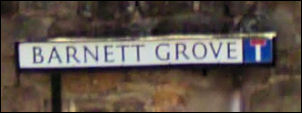
Barnett Grove
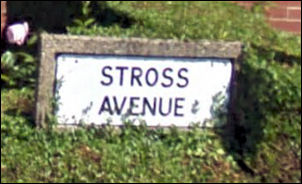
Stross Avenue
Barnett Grove & Stross Avenue in Little Chell - named after Sir Barnett Stross
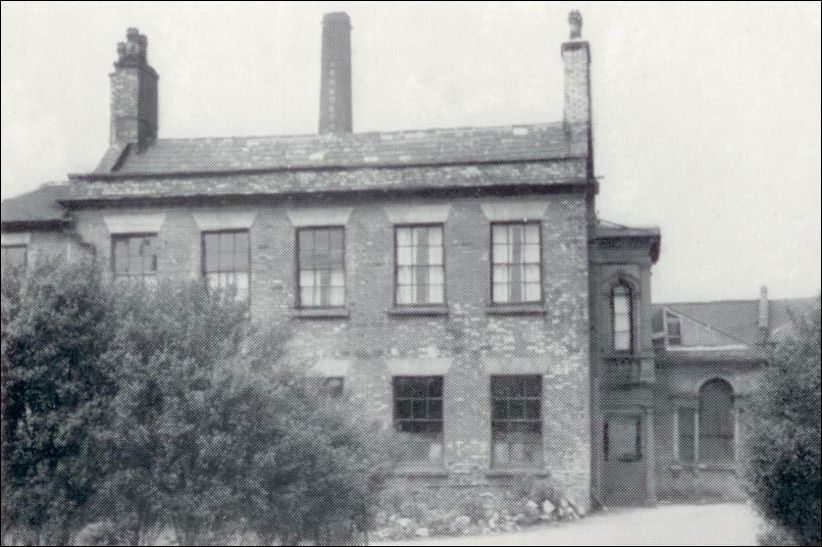
The White House in Broad
Street, Shelton
behind the
White house can be seen the chimney of the Ashworth's pottery works
photo: E.J.D. Warrillow
|
The principal owners / occupants of the White House were:-
The White House was demolished after the Second World War and is now the site of the Mitchell Memorial Theatre in Broad Street. |
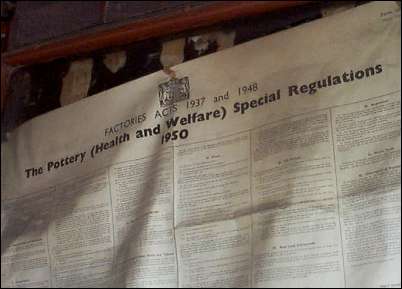
|
These regulations prescribed much improved conditions - including the control of chemicals, pottery dust (which caused silicosis), workshop conditions and maximum and minimum working temperatures. |
|
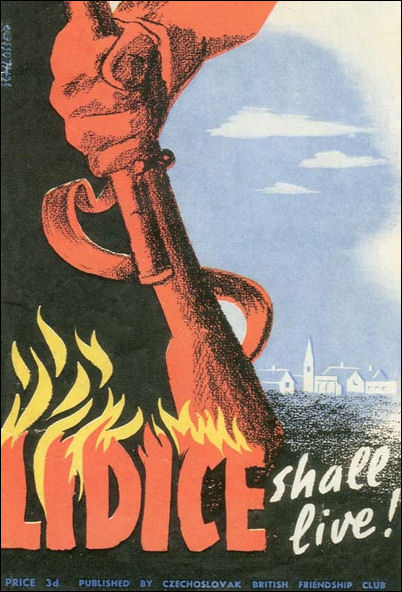
Lidice Shall Live
| Barnett Stross led the campaign "Lidice Shall Live" and in September 1942, coal miners in Stoke-on-Trent, Staffordshire in Great Britain founded the organisation Lidice Shall Live to raise funds for the rebuilding of the village after the war. |
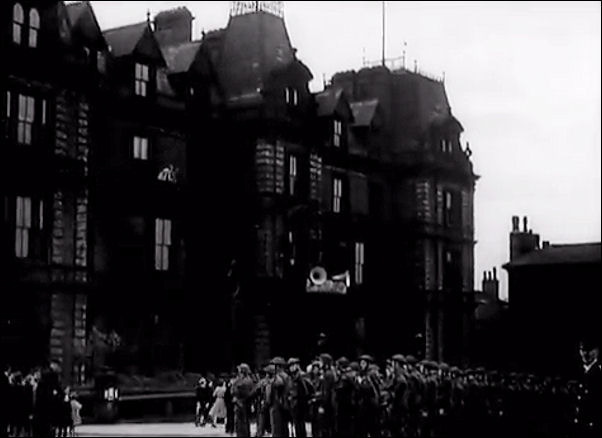
The Czech President in exile, Edvard Benes
met with Stoke-on-Trent miners in front of
Hanley Town Hall before the mass public meeting at The Victoria Hall that evening.

Hanley
Stills from the launch of the "Lidice Shall Live" campaign as reported by Movietone at the time
|
The launch took place in Hanley, Stoke-on-Trent on September the 6th 1942, barely three months after the atrocity in Lidice. Barnett Stross made the defiant remark that "Lidice Shall Live" in direct response to Hitler's proclamation that Lidice should "Die Forever". As an arbitrary reprisal for the assassination of Reinhard Heydrich the mining village of Lidice was systematically removed without trace from the surface of the earth. Stross's campaign attracted the mineworkers and other workers in Stoke-on-Trent and, from its base in the potteries began to spread nationally, then internationally. After the war the equivalent of £1m had been raised to assist in the rebuild of a "new" Lidice. Stross's stamp is everywhere in today's Lidice: the gallery, the rose garden, Barnett Stross Alley. Sir Barnett Stross was granted Freedon of the Lidice in 1957. |
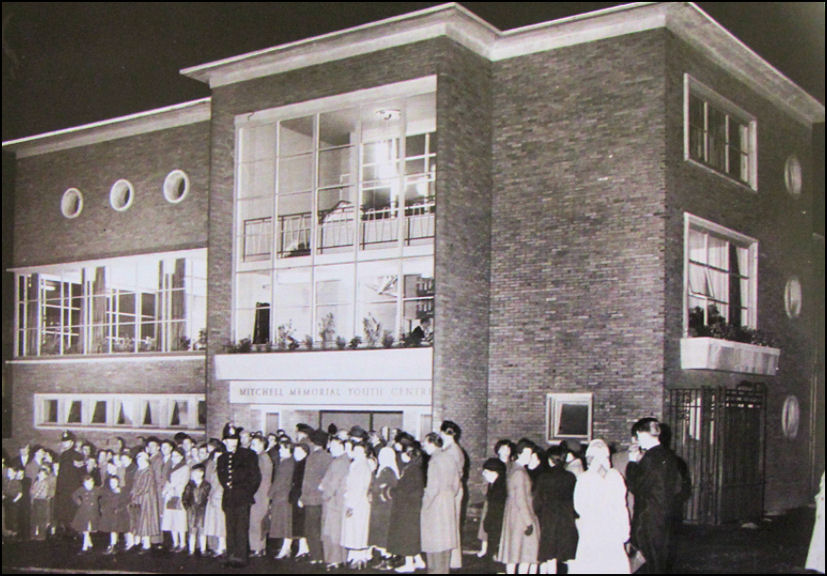
Mitchell Memorial Youth
Centre opening ceremony in 1957
|
Stross was instrumental in the establishment of the Mitchell Memorial Theatre in Broad Street, Hanley - the theatre was built on the site of the White House which was Barnett's home and surgery from 1928 to 45.
Thanks to Barnett Stross, North Staffordshire gained many precious works of art. He bequeathed his large art collection to the University of Keele, of which he was a co-founder. The collection consisted mainly of pictures, sculptures and objets d'art of the 19th and 20th centuries. |
![]()
![]()
previous: Charles William Brown, Mine Manager,
artist
extractions from the Wikipedia article Barnett Stross, licensed under CC-BY-SA